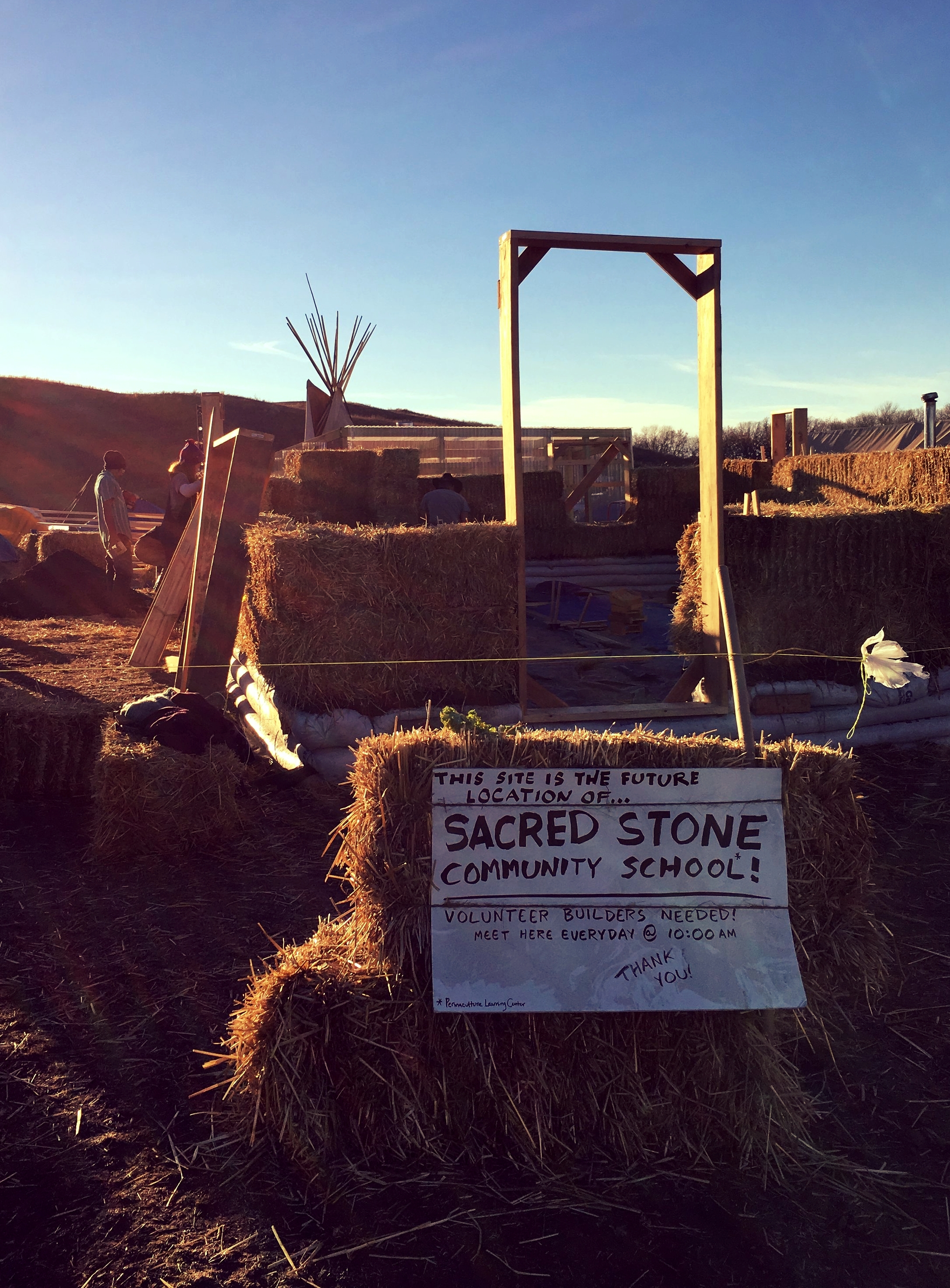Have you read Neal Morton’s article in the Seattle Times about racial inequity in Seattle Public Schools? I’ve got plenty of thoughts, but honestly, the facts laid out in the article speak for themselves.
In fact, the headline alone speaks for itself:
“Racial equity in Seattle schools has a long, frustrating history — and it’s getting worse”
Just to drive the point home, here’s the sub-headline:
“For at least seven decades, Seattle Public Schools has pledged to eliminate the gaps in achievement between students of color and their white peers. But even as district leaders swear their latest efforts are more than just another round of rhetoric, the gaps continue to grow.”
Seven decades!
Think about that. This conversation about racial inequity in Seattle Public Schools is older than most current students' grandparents. There can’t possibly be anything new to add, anything worth saying that hasn't already been said and ignored.
It really gives a sense of how endlessly we are able to confuse well-intentioned spinning wheels for progress.
Seattle Public Schools have always produced wide opportunity gaps. This institutional racism continues to produce wide, unacceptable opportunity gaps. If that’s not a clear and accepted truth by now, then it might never be.
There is no time left to debate this truth. The gaps exist. We know that. Next.
We have long since moved past the time when simply acknowledging our inequity was enough, if such a time ever existed. Measuring the gaps, describing them as appalling, and continuing to go about your business as usual is not enough.
Words are not enough unless they are backed up by action. Believing the opportunity gaps are unacceptable is not enough until we stop accepting them.
Our thoughts about these gaps exist only in our own minds unless we are very conscious about living out our ideas. Your set of beliefs and values about what’s right and wrong are not enough unless they are given life by your actions.
To everyone working in our schools: if you’re not here to do something about these gaps — and if you're not prepared to be accountable for what you do and what you leave undone — then your time is past.
Seattle families have been banging their heads against the same wall for seventy years now. We’ve been perpetuating racism through our acceptance of an intolerable status quo for that entire time as well.
It’s awfully hard to convince myself it's a good idea to wake up Tuesday morning and send my son, who is not white, back to Emerson Elementary, our long-neglected neighborhood school in the Seattle district. In what way have Seattle Public Schools earned my son’s presence? We know, based on 70 years of meaningful inaction, that they cannot promise to treat my son the same as they’ll treat the white kids. We know, based on 70 years of failure to change, that all of our current advocacy efforts will not work in time to make a difference for my son.
We know that talk is cheap and that timid, tepid plans are not going to lead us where we need to go. I’ll say it again: Believing the opportunity gaps in Seattle’s schools are unacceptable is not enough until we stop accepting them.
I’m determined to do more than talk, to do more than just complain about the status quo while supporting it with my actions and inactions.
So, how do we move beyond words and take action to truly disrupt a system that has been openly racist for 70 years?
For me, as a parent writing about inequity in Seattle schools while raising kids of color, at what point does that look like pulling my kids out of public school? At what point does it look like students and families boycotting an institution with a documented history of racism stretching as far back into the past as we can see? When do we stop voluntarily participating in this form of oppression?
James 2:14-17
14 What does it profit, my brethren, if someone says he has faith but does not have works? Can faith save him? 15 If a brother or sister is naked and destitute of daily food, 16 and one of you says to them, “Depart in peace, be warmed and filled,” but you do not give them the things which are needed for the body, what does it profit? 17 Thus also faith by itself, if it does not have works, is dead.












